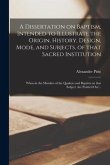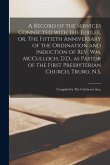William Newton Clarke (1841-1912) is a remarkable figure in American theology. Clarke mediated the evangelical and liberal influences of the 19th Century and produced the first systematic theology of Evangelical Liberalism just before the turn of the 20th Century. While he has been labelled an "evangelical liberal," he really has more in common with today's postconservative evangelicals as a forerunner and pioneer. While stressing many of the same principles as today's progressive evangelicals, Clarke represents a unique case that echoes the concerns of evangelical thinkers today and shows that our controversial issues have not changed much in over a hundred years. This small book also serves as a model case study for students of Christian thought who are looking to take their study to the next level. This mini-dissertation was designed for use as a companion to the author's foundational work, Evangelical Belief: A Course Guide to Christian Thought. Evangelical Belief provides a robust course of study designed to prepare the student for a scholarly thesis or capstone project in Christian thought. The case study is one of the most effective research methods to facilitate learning in the fields of philosophy, theology, and apologetics. By relating general ideas to their embodiment in movements and individuals, the issues of Christian thought make more sense. For students, a good model takes the mystery out of organizing and documenting our learning.
Bitte wählen Sie Ihr Anliegen aus.
Rechnungen
Retourenschein anfordern
Bestellstatus
Storno

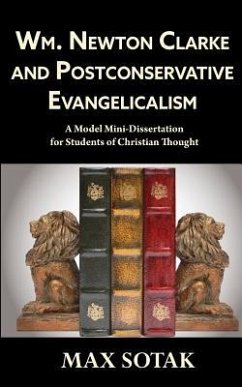
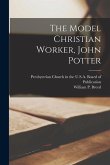
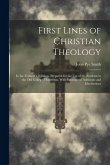
![The Most Eloquent Sermons of the Greatest Living Preachers: Rev. Wm. Morley Punshon, D.D., Rev. Henry Ward Beecher, Rev. C.H. Spurgeon [microform]: Co The Most Eloquent Sermons of the Greatest Living Preachers: Rev. Wm. Morley Punshon, D.D., Rev. Henry Ward Beecher, Rev. C.H. Spurgeon [microform]: Co](https://bilder.buecher.de/produkte/65/65626/65626312m.jpg)

![A Review of Rev. F.W. Macdonald's Life of Wm. Morley Punshon, LL. D. [microform] A Review of Rev. F.W. Macdonald's Life of Wm. Morley Punshon, LL. D. [microform]](https://bilder.buecher.de/produkte/65/65634/65634796m.jpg)
